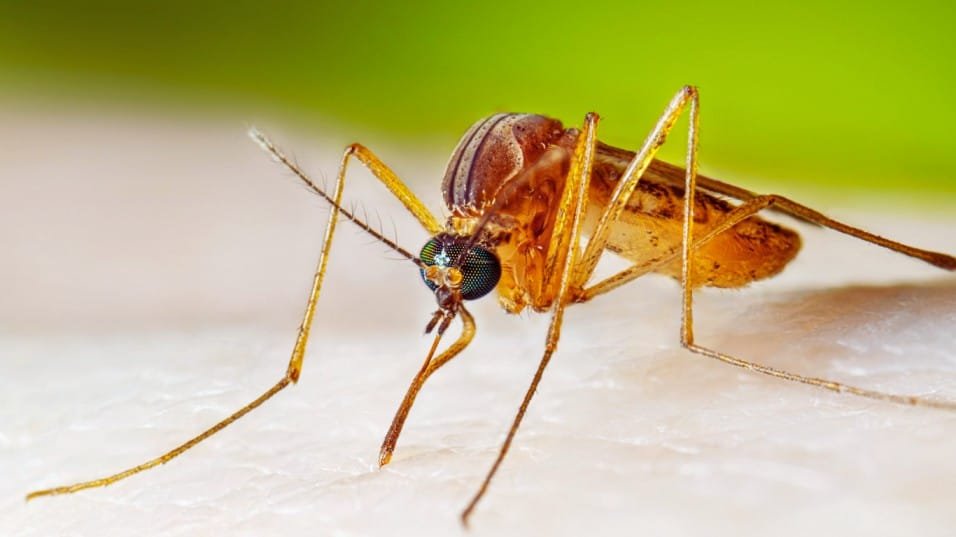The Japanese Encephalitis (JE) has outbreaks in Assam with a significant surge in cases being reported across state. 32 people has already hospitalized in Gauhati Medical College Hospital (GMCH) where 4 people death confirmed so far due to the mosquito-borne viral disease.
The health authorities is on alert as this sudden surge in JE cases has triggered widespread concern. All the infected patients at GMCH are currently under close medical observation.The state health department is intensifying surveillance in affected regions.
What is Japanese Encephalitis?
Japanese Encephalitis is a zoonotic viral disease which rare but serious infection. It caused by Japanese Encephalitis virus, which is transmitted through mosquitoes. The virus found in the body of birds belonging to family Ardeidae (eg. cattle egrets, pond herons etc.), pig and other animals.

The disease is spread to human bodies through the bite of infected mosquito, particularly the Culex species. It cannot transmitted from person-to-person.
Japanese Encephalitis can cause fever and affect the nervous system of human body, which can lead serious problems like seizures and even death.
Fresh Panic in Baihata Chariali, Assam due to confirmed case of Japanese Encephalitis
Earlier, a panic situation gripped Baihata Chariali on Thursday as a JE case confirmed in a village near Baihata Chariali. Panic gripped the local population, prompting an emergency awareness meeting organized by concerned villagers to discuss precautionary measures and demand swift government action.
Link to Unregulated Pig Farms
Local residents have pointed to the proliferation of unregulated pig farms in the area as a possible cause of the outbreak. These farms, reportedly established by unemployed youths, often operate without adhering to basic hygiene standards. Despite multiple complaints, villagers claim that most of these setups continue to flout safety norms.
Since pigs are recognized as amplifying hosts of the JE virus, the community is urging all pig farmers to adopt scientific and hygienic rearing practices. Without prompt action and better regulation, there is growing fear that the outbreak could spiral out of control.
Health Advisory for Residents
The health department has advised the public to take the following precautions:
- Use mosquito nets while sleeping
- Avoid stagnant water accumulation near homes
- Use mosquito repellents regularly
- Ensure pigs are kept in clean and enclosed areas
With the monsoon season intensifying, conditions are ideal for mosquito breeding. Unless urgent preventive measures are implemented and awareness is ramped up, the threat of JE spreading further remains dangerously high.


